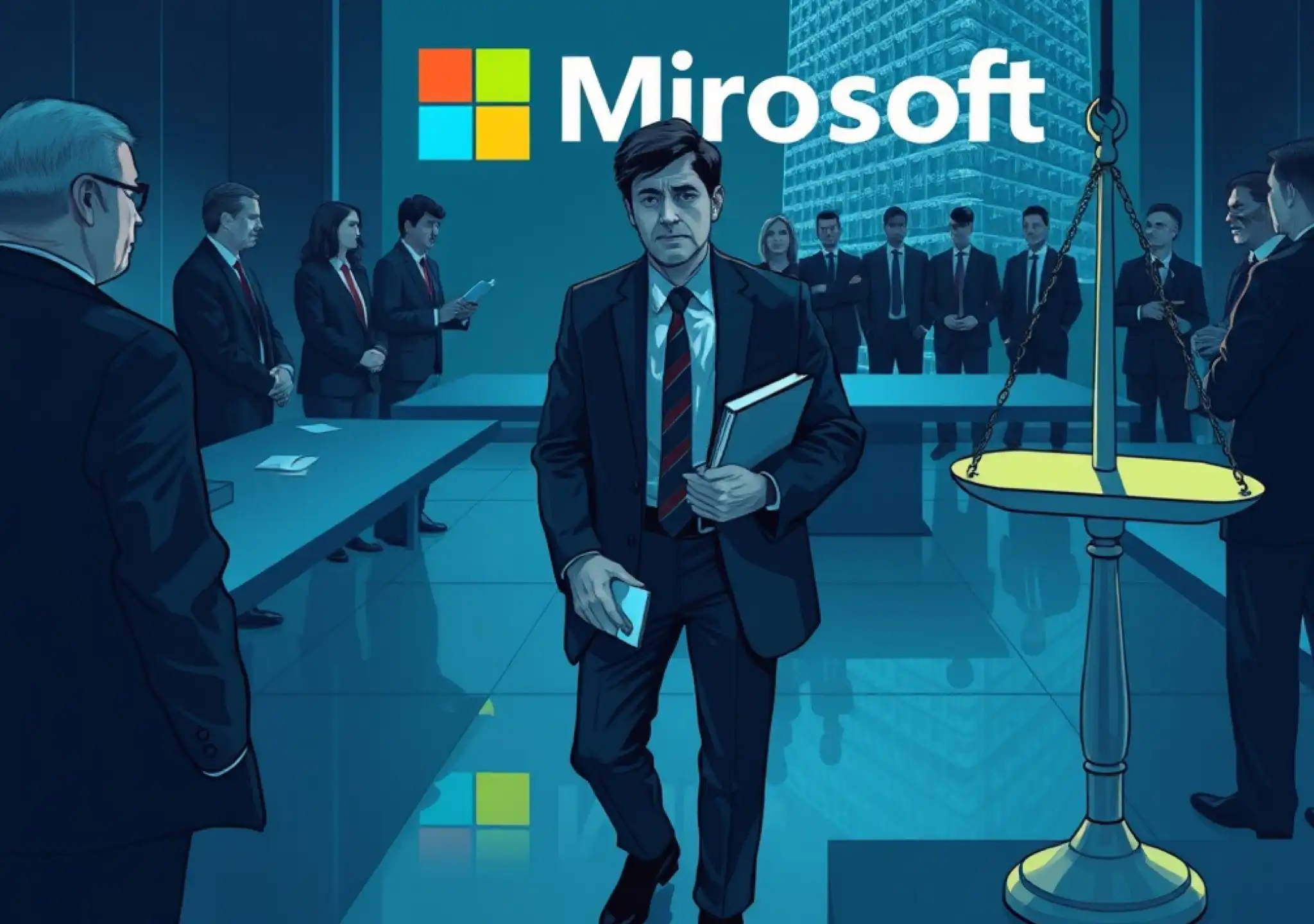Investors fear substantial losses after leadership shake-up at the AI company
Several investors in OpenAI, the company behind ChatGPT, are reportedly contemplating legal action against the company’s board after the controversial firing of CEO Sam Altman. Sources close to the situation have shared that investors are concerned about the potential loss of hundreds of millions of dollars invested in the tech startup, which has become a cornerstone in the rapidly expanding generative AI industry.
According to the sources, investors are working with legal advisers to explore their options, but it remains unclear whether they will pursue a lawsuit against OpenAI. These concerns stem from the possible collapse of OpenAI following Altman’s sudden removal, a move that has also triggered the threat of a mass employee exodus.
OpenAI declined to comment on the matter when contacted by Reuters. Microsoft, which owns 49 percent of the for-profit operating company, is a significant stakeholder. Other investors and employees also control 49 percent, while the remaining 2 percent is owned by OpenAI’s nonprofit parent organization.
The board’s decision to fire Altman on Friday came after what was described as a “breakdown of communications,” according to an internal memo obtained by Reuters. By Monday, most of OpenAI’s 700+ employees had threatened to resign unless the board was replaced.
Venture capital investors typically have board seats or voting power in their portfolio companies. However, OpenAI’s structure is different, with control resting in the hands of its nonprofit parent, OpenAI Nonprofit. The nonprofit was created to ensure the company’s mission benefits humanity, not just investors, which gives employees more influence over the board’s decisions than the investors.
Minor Myers, a law professor at the University of Connecticut, explained that OpenAI’s nonprofit structure provides employees with more leverage in pressuring the board than investors. “There is nobody exactly who is in the seat of an injured investor,” he said.
OpenAI’s unique structure, which originally started as a nonprofit and later incorporated a for-profit subsidiary in 2019 to raise capital, was designed to maintain control over operations while preserving the company’s core mission, according to the company’s website.
Legal experts have noted that nonprofit boards have significant leeway in making decisions for the organization, which may reduce the ability of investors to challenge the board’s actions. Paul Weitzel, a law professor at the University of Nebraska, further explained that even if investors pursued a lawsuit, they would likely face a “weak case,” as companies generally have broad discretion in making business decisions—even if those decisions backfire.
“We’ve seen this before, like when Apple fired Steve Jobs in the 1980s, only to bring him back a decade later,” Weitzel said.

